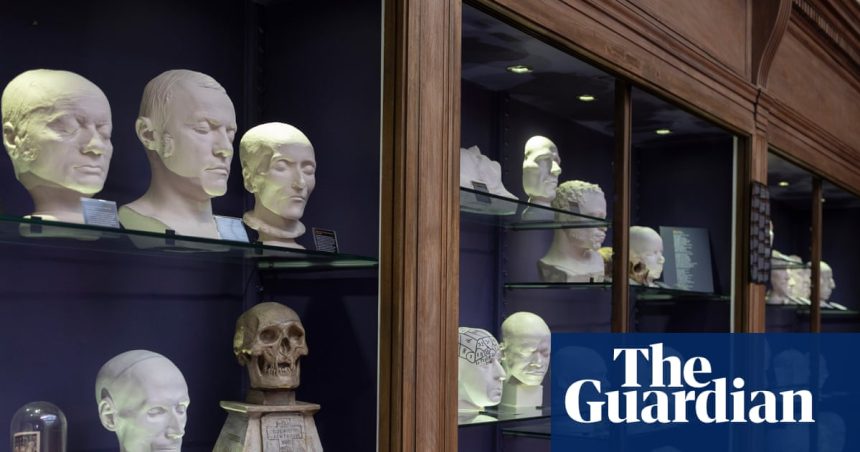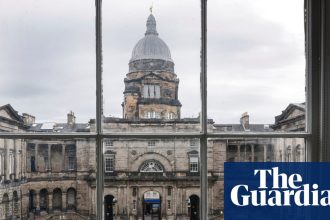Unpacking Edinburgh’s Cranium Collection
The recent articles about the University of Edinburgh’s human cranium collection and its ties to biological determinism and theories of racial superiority since the 18th century caught my attention. These pieces, titled ‘Taken without consent’: The complex history of Edinburgh’s skull room and ‘It’s shockingly bad science’: Phrenology, IQ tests and their far‑right revival, explore a troubling chapter in science.
Gould’s Critique of Craniology
Stephen Jay Gould’s seminal work, The Mismeasure of Man, published in 1981, delves into craniology—an academic pursuit that misused measurements of skulls to further race-based intelligence theories. In a revised edition from 1996, Gould aimed to counter the arguments laid out in the controversial 1994 bestseller, The Bell Curve, which endorsed such theories.
Gould scrutinized the contributions of Edinburgh alumnus Samuel George Morton, a physician and naturalist from Philadelphia. Morton collected over 1,000 human skulls, which he improperly used as evidence to support what we now recognize as scientific racism in American higher education.
Wider Context of Racist Science
The University of Edinburgh is not alone in its involvement with racist ideologies. When I joined the geography department at Newcastle University in 1968, I noticed a shelf full of annual volumes of Eugenics Review in the departmental library. These journals were meant to aid staff in their research and subsequently inform students’ reading lists, yet I found that neither faculty nor students utilized this resource during my time there.
This pattern suggests that examining historical subscriptions to journals like Eugenics Review could provide important insights into the acceptance of racial theories in British academic institutions.
The Power of Fiction in Understanding History
For a poignant exploration of the slave trade, I recommend Barry Unsworth’s novel, Sacred Hunger. Although set in Liverpool, it includes Scottish characters and vividly depicts the harsh realities of the slave trade. This novel surpasses mere historical account, illustrating the horrors perpetuated by ideologies like those endorsed by Edinburgh University, and deserves to be regarded as a contemporary classic alongside Moby-Dick.














